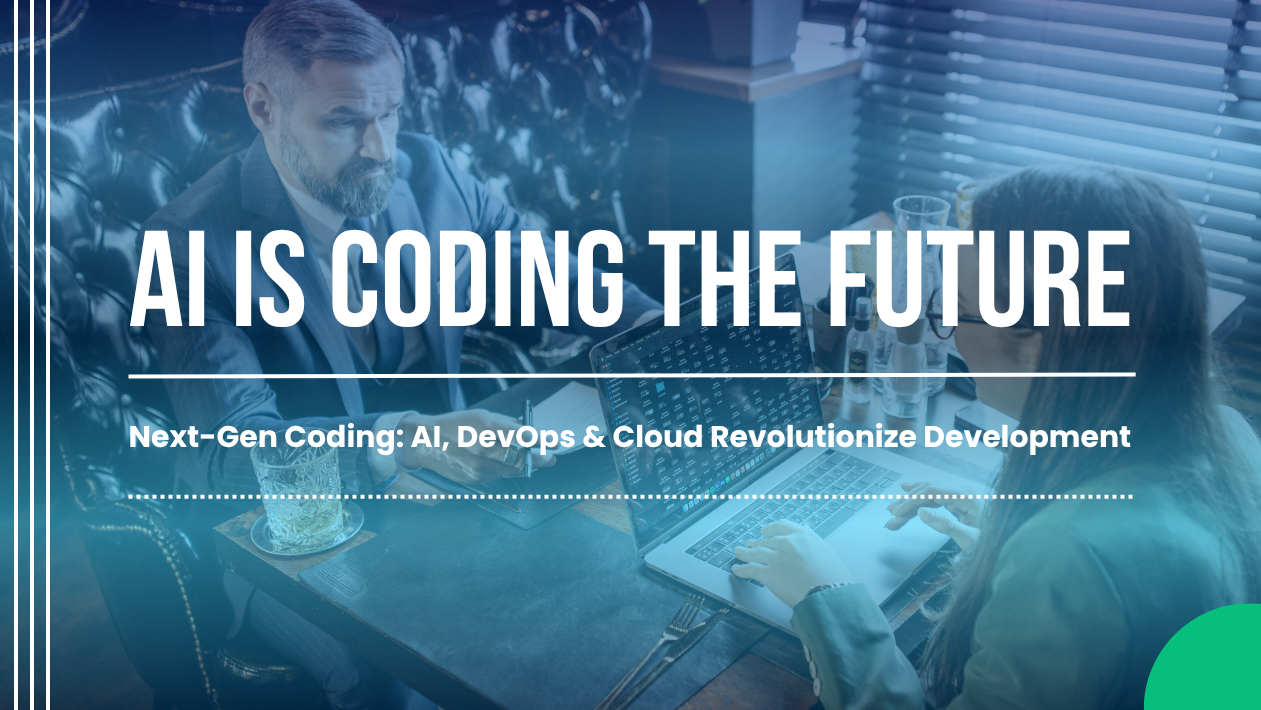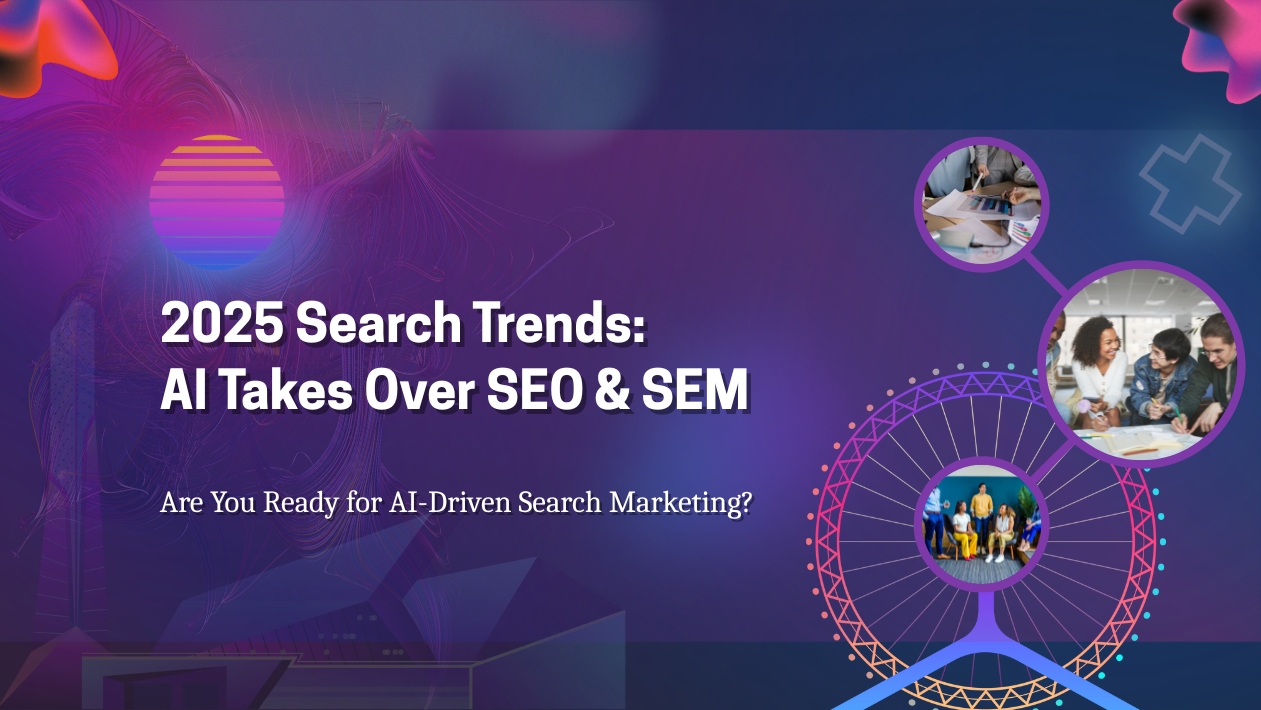In 2025, data and analytics have evolved from back-office reporting tools into strategic decision-making engines that shape every aspect of business operations. Organizations are now leveraging AI-powered analytics platforms, real-time data streams, and predictive modeling to gain a competitive edge.
According to a recent Gartner report, over 80% of enterprises now integrate machine learning and AI into their analytics workflows, enabling faster decision-making and more accurate forecasting.
Real-Time Analytics Becomes the Standard
Traditional static dashboards are being replaced by real-time analytics systems that pull in data from IoT devices, customer interactions, and operational systems. This shift allows companies to respond to market changes, supply chain disruptions, or customer needs instantly.
Retailers, for example, are adjusting prices dynamically based on live demand signals, while logistics companies optimize delivery routes on the fly.
Generative AI Enhances Data Interpretation
Generative AI tools like ChatGPT Enterprise, Claude, and Google Gemini are helping business leaders interpret complex datasets in natural language. Instead of sifting through spreadsheets, executives can now ask, “What drove last quarter’s revenue dip?” and receive clear, actionable insights backed by data.
Predictive & Prescriptive Analytics Drive Growth
Beyond understanding the past, businesses are increasingly turning to predictive and prescriptive analytics. Predictive models forecast future trends, while prescriptive analytics recommends optimal actions—whether that’s adjusting marketing campaigns, fine-tuning inventory, or reallocating resources.
Data Governance and Privacy Take Center Stage
With new data privacy laws like the EU AI Act and stricter GDPR enforcement, companies are prioritizing data governance. AI ethics committees and compliance officers are becoming standard roles to ensure responsible and transparent data usage.
Self-Service Analytics Empowers Employees
Low-code and no-code data platforms are enabling non-technical employees to perform advanced analytics without relying on IT departments. This data democratization is boosting innovation and speeding up decision-making across departments.
Outlook: Analytics as a Business Growth Engine
In the coming years, businesses that invest in AI-driven, real-time analytics will not only gain operational efficiency but also develop deeper customer insights, reduce risks, and uncover new revenue opportunities. In a data-saturated world, the winners will be those who can turn information into intelligent action the fastest.





